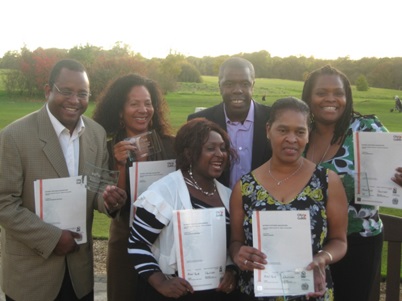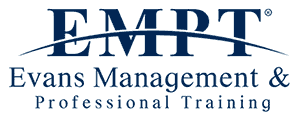Personal Development Plans

Current Fostering National Minimum Standard 20.5 requires that foster carers’ personal development plans set out how they will be supported to undertake ongoing training and development that is appropriate to their development needs and experience. These standards also (NMS 20.6) require that the reviews of each foster carer’s approval include an appraisal of performance against […]
Alternative Views of Management

Approaches to management used in social care have been influenced by many years of management theory. For years management studies have examined management practice to distil the principles and practise of good management. Identifying such principles and practises can help to enable managers to improve their management performance. Several different schools of thought have emerged […]
TSD 5.3 (C): Being ‘able to work with young people to develop skills, self-confidence and knowledge to prepare them for adulthood and independent living’

A good level of independent living skills are essential, as care leavers struggle to reach the same levels of educational attainment as their peers and often find it difficult to make a successful transition to adult life. They are overrepresented in prison populations, and are more likely to be unemployed, single parents, mental health service […]
Reflective learning from lived experience

There’s always new knowledge, beliefs, values and skills for learners to acquire and this in turn may also result in learners having to unlearn older knowledge or skills. This means that unlearning may involve going back (reflecting) to where you were before you have learnt whatever you are now unlearning. You may well then think […]
Supporting People Experiencing Mental ILL Health

Knowing about factors related to Mental ill health as well as Physical health, can contribute to promoting the wellbeing of individuals. Experiencing mental ill health may involve having to face personal transitions, that are not necessarily shared or understood by members of the family or significant people in their support network. Such transitions include: family […]
The Fostering Network the State of the Nation’s foster care survey (2016)
The Fostering Network the State of the Nation’s foster care survey (2016) – What foster carers think and feel about fostering is now available. The Fostering Network research involved in total 2,530 foster carers from across the UK completed the survey online: 1,942 of these fostered in England, 359 in Scotland, 122 in Wales and […]
Managing Quality Outcomes in Health and Social Care Settings
Managing quality outcomes is an essential element of management competence. Measuring and assessing service quality in the social care sector presents some distinct challenges. However, indicators of service quality, including those of service impact on outcomes for children. Monitoring can mean ‘continuous or regularly repeated observations of important parts of service structure, process, output or […]
Unaccompanied Asylum Seeking Children research and guidance information
Main Legislative Framework and Guidance The Children Act 1989 places a responsibility upon Local Authorities to safeguard and promote the welfare of children and young people living in their area. When children in need are identified, an assessment of their needs should be undertaken. A major factor for unaccompanied asylum seeking children is that the […]
Training Support & Development Standards for foster care and the Social Model of Disability (5.8 a)
The social model of disability has been developed by disabled people in contrast to the medical model. The medical model is seen to give little acknowledgement or explanation about the individual personal experience of disability or contribute to promoting a more inclusive ways of living with a disability. ‘Under the medical model, these impairments or […]
